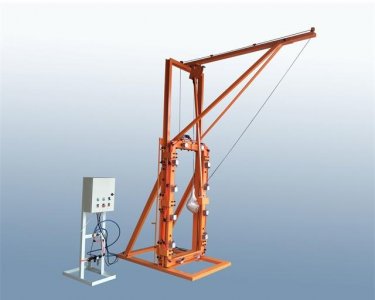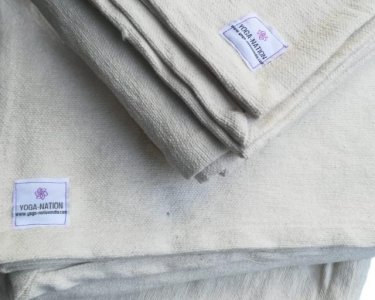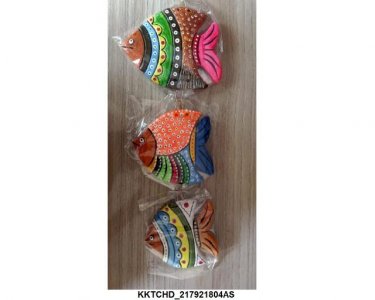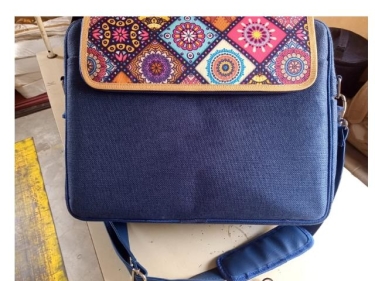Search Results for "singapore" in "Singapore" on Export Portal
Active Filters
-
Keywords:
-
Country:
- Clear all
New Search
Couldn't find the product you want?
Fill out this form to request the product.
Exports
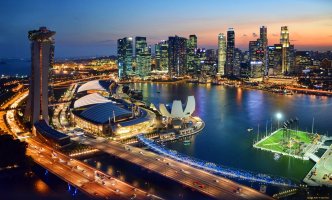
Singapore is dynamic and business oriented country, has a strong and sophisticated economy and the major regional hub for multinational businesses operating in Asia. Regarded as a rapidly growing nation, Singapore is a key cornerstone to regional development and has a role to play in driving Asia's growth.
Exports, particularly in electronics, chemicals, and services including the posture that Singapore is the regional hub for wealth management provide the main source of revenue for the economy, which allows it to purchase natural resources and raw goods which it lacks. Moreover, water is scarce in Singapore therefore water is defined as a precious resource in Singapore along with the scarcity of land to be treated with land fill of Pulau Semakau. Singapore has limited arable land meaning that Singapore has to rely on the agrotechnology park for agricultural production and consumption. Human resources is another vital issue for the health of the Singaporean economy.
Singapore could thus be said to rely on an extended concept of intermediary trade to Entrepot trade, by purchasing raw goods and refining them for re-export, such as in the wafer fabrication industry and oil refining. Singapore also has a strategic port which makes it more competitive than many of its neighbors in carrying out such entrepot activities. Singapore's port infrastructure and skilled workforce, which is due to the success of the country's education policy in producing skilled workers, is also fundamental in this aspect as they provide easier access to markets for both importing and exporting, and also provide the skills needed to refine imports into exports.
Singapore's top exports include electronic equipment, oil, machines, plastics, medical, technical equipment, gems, precious metals, pharmaceuticals, aircraft, spacecraft, books, newspapers, pictures.
The top export partners of Singapore are Hong Kong, China, Indonesia, Malaysia and the United States.
Customs requirements of Singapore
Singapore Customs Contacts
Website: http://www.customs.gov.sg/topNav/hom/index.html
E-mail: customs_documentation@customs.gov.sg
Address: 55 Newton Road #10-01, Revenue House, Singapore 307987
Telephone: (65) 6355 2000
Fax: (65) 6250 8663
Singapore is a city state situated in Southeast Asia. It's neighbouring countries are Malaysia, and Indonesia's Riau Islands. Singapore is a global commerce, finance and transport hub. It is a member of the ASEAN, Asia-Pacific Economic Cooperation (APEC), East Asia Summit, World Trade Organization, World Customs Organization, International Trade Union Confederation and other international organizations.
Tariffs
Singapore has adopted the 8-digit harmonised system (HS) code incorporating the ASEAN Harmonised Tariff Nomenclature to promote uniformity in the classification of goods and faciliate trade within ASEAN member countries.
Non-tariff barriers
Singapore does not impose import quota restrictions with most goods imported under open general licence. However, significant import duties are levied on a small range of items:
- liquor
- tobacco
- petroleum products
- motor vehicles
The entry of a range of consumer manufactures may be subject to acceptance by different government statutory boards:
- Rice imports require a license issued by EnterpriseOne, managed by SPRING Singapore.
- Specific plant and animal products require permits issued by the Singapore Agri-Food & Veterinary Authority (AVA).
- The importation of cosmetics, medicines and medical devices is regulated by the Health Sciences Authority.
- Electrical regulations are generally modeled on the British Standards specifications. Increasingly, IEC standards are adopted.
For all goods imported, including controlled and non-controlled items into Singapore, it is required to:
1. Obtain an IN Permit through TradeNet® before goods are imported into Singapore.
2. Pay the duty and/or Goods and Services Tax (GST) due at the prevailing rate at the time of importation.
Product certification, labelling and packaging
Labelling should indicate:
- country of origin
- packaging dimensions
- name and address of manufacturer
- composition
- expiry dates
Foodstuffs (including beverages) and drugs are subject to and must comply with specific detailed labelling requirements.
Specified metric sizes are mandatory for a number of prepacked consumer items, including:
- butter
- rice
- white sugar
- wheat flour
- cooking salt
The labelling and claims for health supplements, cosmetics and medicines should comply with the guidelines set by the Health Sciences Authority.
Packing should be sturdy and should guard against extreme heat and high humidity (frequently over 90 per cent) and possible brief periods of open storage. All wooden packaging and forest produce must be certified as being free from infestation by insects and fungi. Goods whose importation is restricted or dutiable, should not be packed in the same package or container as non-dutiable or unrestricted goods.
Documentary requirements
Pro-forma invoice
Three copies are required and used for the opening of payment terms.
Bill of lading/Airway bill
To Order bills are acceptable and two copies are required.
Packing list
Two copies are required.
Commercial invoice
Two copies are required and the invoice must show:
- number and description of packages
- marks and numbers of individual packages
- a detailed description of the goods
- gross and net metric weights or quantity - Free On Board (FOB) and CIF values (Incoterms 1990)
- country of origin
- place of shipment and destination of the goods
- must be signed by the exporter or shipper
Certificate of origin must be completed for goods on which preference is claimed and must contain:
- a description of the goods
- details of their total invoice value
- a signature of the proprietor, a partner or principal official of the manufacturing or supplying firm (the name of the person signing and their position in the firm must be stated).
Public health requirements
The importation of the following must comply to AVA import requirements:
- Pets and laboratory animals
- Plants and plant products
- Meat and fish
- Fresh fruits and vegetables
- Eggs (fresh, salted, preserved or processed)
- Processed food
- Irradiated food
- Insects
- Animal feed
- Veterinary biologics and pathogens
Imports of controlled chemicals are subject to requirements as regulated by the National Environment Agency
Sources:
http://www.customs.gov.sg/leftNav/trad/Import+and+Export+Procedures.html













